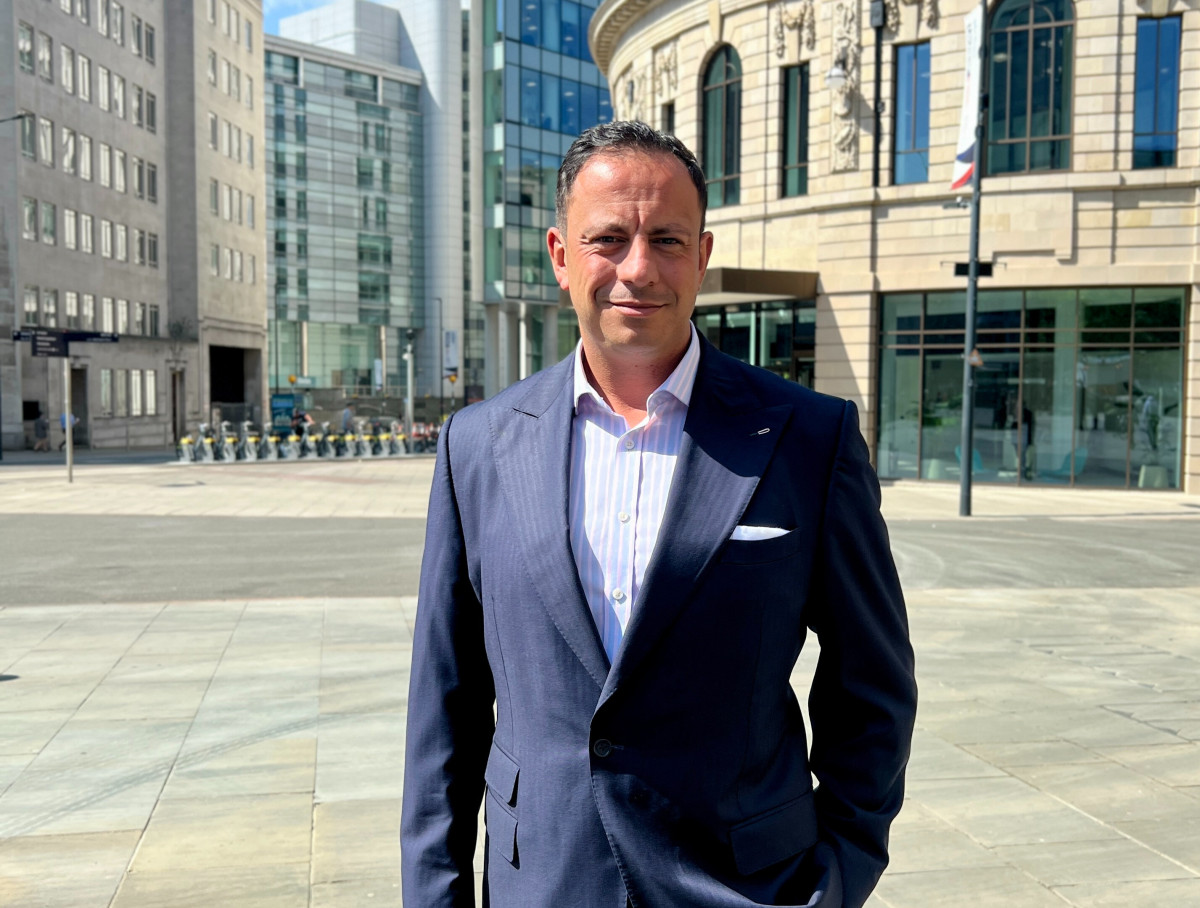Europe’s landmark AI regulation is triggering a scramble for cybersecurity talent, according to a technology integration specialist.
As the EU’s Artificial Intelligence Act enters phased enforcement, companies across the continent are racing to recruit specialists to secure AI systems and meet tough new compliance rules. Law firms, banks, insurers and technology providers are among those preparing for a wave of hiring to meet the Act’s new standards.
Recruitment specialists already report rising demand for security engineers, compliance officers and AI auditors as firms face the challenge of proving their algorithms are safe, transparent and tamper-proof.
“The law has effectively made cybersecurity part of the legal compliance process,†says Sam Hameed, group managing director of SPG Resourcing. “If you can’t show your AI is secure, you can’t sell it.â€
The EU AI Act, which came into force on 1 August 2024, is the world’s first comprehensive legal framework governing artificial intelligence. It classifies systems by risk, from unacceptable to minimal, and bans those that pose threats to safety or fundamental rights, such as real-time facial recognition in public spaces or social scoring.
It is the category of high-risk AI that will reshape corporate security teams. These include tools used in critical infrastructure, recruitment, law enforcement and essential services, all of which must meet mandatory cybersecurity and monitoring requirements from August 2026.
To comply, firms must show that their systems are protected against tampering, data poisoning, model manipulation and other forms of attack. They must also detect and report serious AI incidents to regulators, maintain documentation and continuously test resilience.
For employers and recruiters, this regulation is already redrawing the skills map. The Act effectively hardwires cybersecurity into compliance, creating demand for professionals who understand both machine learning and security architecture.
Cyber experts with experience in AI risk management and adversarial defence are commanding premium salaries. Research from SPG Resourcing shows senior cybersecurity architects can earn up to £150,000* in base pay, while chief information security officers at major firms can exceed £200,000, including bonuses. Experienced IT architects typically earn between £120,000 and £160,000, with data scientists in secure AI roles reaching £130,000.
“The EU has raised the bar on what ‘secure AI’ means,†says Hameed. “Companies now need teams that can assess risk, detect anomalies and report incidents with the same rigour that financial institutions apply to audits. That’s a new kind of capability.â€
The Act also intersects with other European cybersecurity laws, including the NIS2 Directive and the Cybersecurity Act, creating a dense compliance landscape that requires multi-disciplinary expertise. Organisations developing or deploying AI must align risk management, documentation and incident response across overlapping regimes.
“This is where the real pressure will come,†Hameed adds. “Cybersecurity talent is already scarce, and the AI Act will intensify competition across every sector, from banking to law to manufacturing.â€
Although most obligations for high-risk AI systems won’t be enforced until August 2026, firms are already preparing. The ban on unacceptable-risk systems took effect in February 2025, and transparency rules for general-purpose AI models began in August 2025. Providers of AI already on the market have until 2027 to comply, with certain large-scale IT systems facing deadlines into 2030.
The gradual rollout gives organisations time to prepare, but the recruitment push is already underway. Many firms are hiring now in anticipation of upcoming audits and incident-reporting obligations.
Hameed added: “The transition period isn’t a grace period; it’s the time to build capability. The firms that wait until 2026 will find that the best people have already been hired. AI security is now as much about trust as it is about technology. This regulation is forcing organisations to prove they can protect both data and decisions. That changes the game for everyone.â€
The Act has also brought cybersecurity into the HR domain. Companies using AI in recruitment or performance evaluation will face obligations to demonstrate fairness, explainability and data security. HR leaders will need to understand how AI is used within their own systems and ensure compliance alongside their technology teams.
Europe’s AI law was designed to make the continent a leader in trustworthy artificial intelligence. In doing so, it has turned cybersecurity into one of the most valuable and contested skills in the modern workplace.




